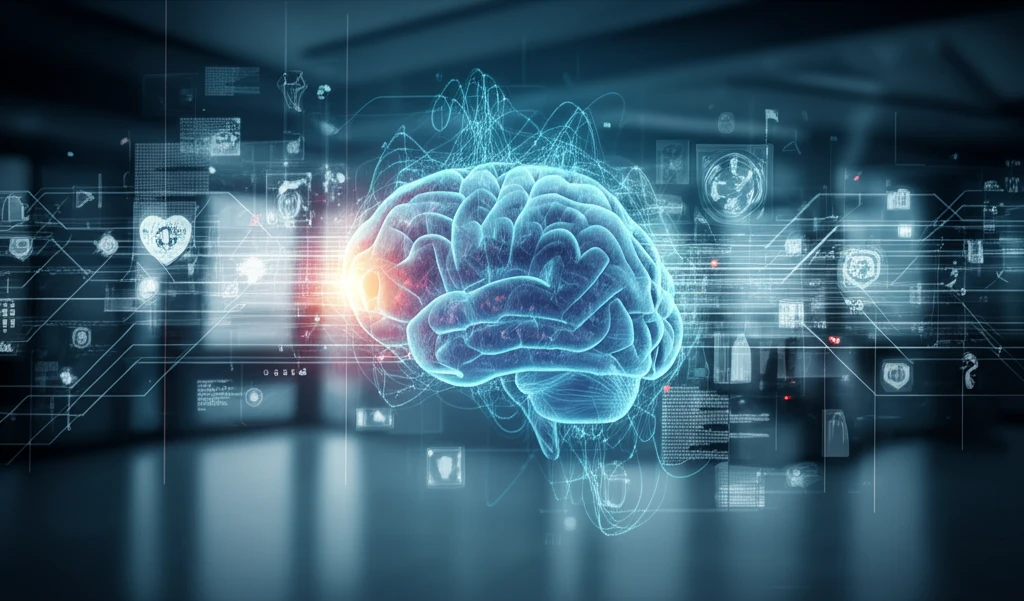
The AI Revolution in Healthcare: How Smart Tech Can Save Lives and Reduce Disparities
"Discover how artificial intelligence, big data, and formal methods are transforming medical care, making it safer, more efficient, and accessible to all."
The healthcare landscape is facing immense challenges. Medical errors, over-treatment, and a growing population suffering from non-communicable diseases are contributing to a rising disease burden and significant health disparities. This means not everyone has equal access to quality care, and the consequences can be devastating.
But what if technology could step in to bridge the gaps? Imagine a world where AI-powered systems help doctors make more accurate diagnoses, personalize treatment plans, and prevent errors before they happen. This isn't science fiction; it's the promise of artificial intelligence (AI) and data analytics in healthcare.
This article explores how cutting-edge technologies are being applied to revolutionize medical care. We'll delve into how AI, big data, and formal methods are working together to reduce medical errors, improve access to care, and ultimately create a healthier future for all, regardless of socioeconomic status or geographic location.
AI: The Doctor's New Superpower

At the heart of this transformation is the application of AI to analyze vast amounts of medical data. AI algorithms can sift through research papers, patient records, and clinical guidelines to identify patterns and insights that would be impossible for a human to detect. This capability can lead to earlier and more accurate diagnoses, especially for complex conditions.
- Reducing Medical Errors: AI systems can double-check prescriptions, monitor patients for adverse reactions, and flag potential risks, minimizing human error.
- Improving Access to Care: Telemedicine platforms powered by AI can bring healthcare to remote areas and underserved populations.
- Personalized Medicine: AI can analyze a patient's genetic makeup, lifestyle, and medical history to create tailored treatment plans.
- Accelerating Research: AI can speed up the drug discovery process by identifying promising drug candidates and predicting their effectiveness.
The Future of Healthcare is Intelligent
AI and data analytics are not meant to replace doctors and nurses but to empower them with better tools and information. By automating routine tasks, reducing errors, and providing personalized insights, these technologies can free up healthcare professionals to focus on what they do best: caring for patients. As AI continues to evolve, it promises to transform healthcare into a more efficient, equitable, and patient-centered system for all.
